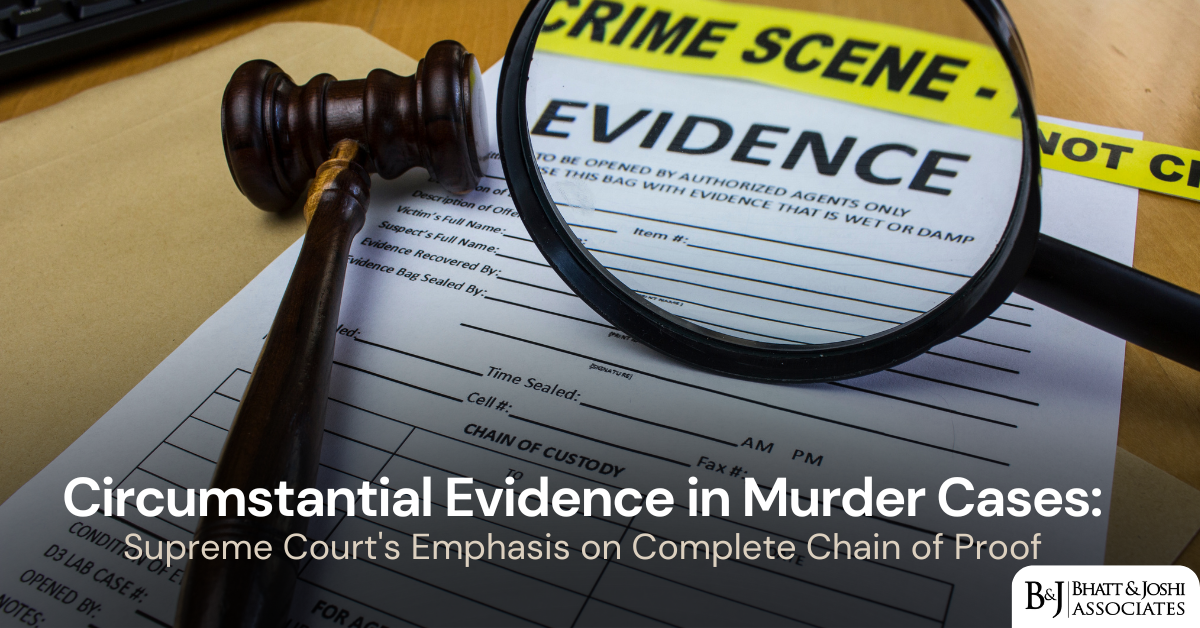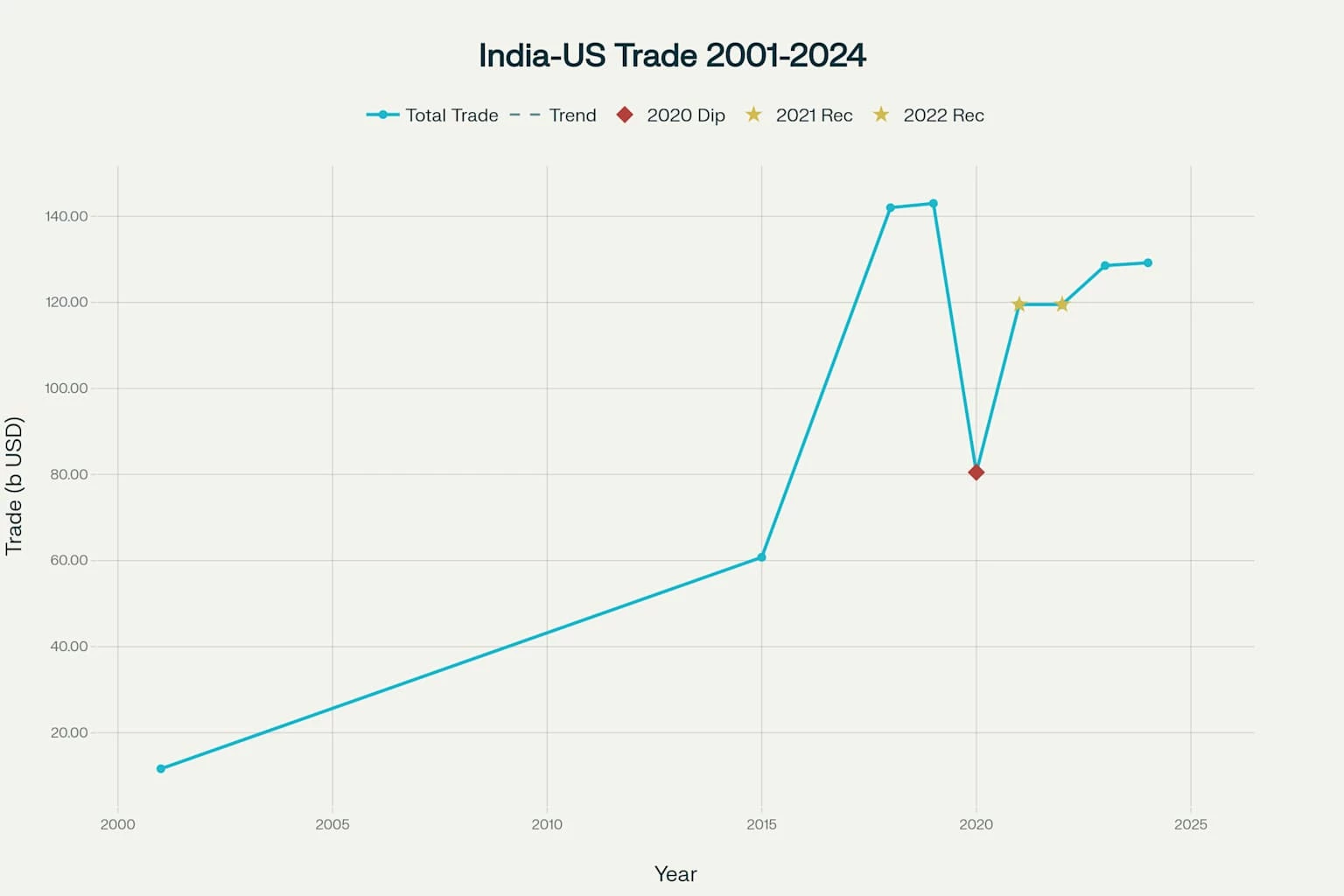Introduction
The examination of witnesses constitutes the cornerstone of the adversarial justice system in India, serving as the primary mechanism for establishing facts and ascertaining truth in judicial proceedings. Under the Indian Evidence Act, 1872, witness examination follows a structured and methodical approach that ensures fairness, transparency, and accuracy in the administration of justice. This comprehensive framework governs not only the procedural aspects of witness examination but also protects the integrity of testimonial evidence while safeguarding the rights of all parties involved in litigation [1].
The significance of witness examination extends beyond mere procedural compliance; it represents the fundamental principle that justice must be both seen and done. Through the systematic examination of witnesses, courts can distinguish between truth and falsehood, thereby ensuring that judicial decisions are grounded in reliable evidence. The Indian Evidence Act, 1872 establishes three distinct phases of witness examination: examination-in-chief, cross-examination, and re-examination, each serving specific purposes in the truth-seeking process.
Legal Framework and Statutory Provisions
Section 137: Foundation of Witness Examination
Section 137 of the Indian Evidence Act, 1872 provides the foundational definition for the three stages of witness examination [2]. The section categorically states:
“The examination of a witness by the party who calls him shall be called his examination-in-chief. The examination of a witness by the adverse party shall be called his cross-examination. The examination of a witness, subsequent to the cross-examination by the party who called him, shall be called his re-examination.”
This provision establishes the sequential nature of witness examination and ensures that each party has an opportunity to present their case through witness testimony while also challenging the evidence presented by their opponents. The systematic approach mandated by Section 137 prevents confusion and maintains order in judicial proceedings, thereby facilitating the efficient administration of justice.
Section 138: Order of Examination
Section 138 of the Indian Evidence Act mandates the specific order in which witnesses must be examined [3]. According to this provision, witnesses are first examined-in-chief by the party that called them, followed by cross-examination by the opposing party, and finally, if necessary, re-examination by the party that initially called the witness. This sequential examination ensures that all parties have equal opportunity to present their evidence and challenge the testimony of opposing witnesses.
The section further stipulates that re-examination must be directed toward the explanation of matters referred to in cross-examination, and if any new matter is introduced during re-examination with the court’s permission, the adverse party may further cross-examine on that specific matter. This provision maintains the balance between allowing clarification of ambiguous testimony while preventing the introduction of entirely new evidence through the back door.
Examination-in-Chief: The Primary Presentation of Evidence
Definition and Purpose
Examination-in-chief represents the initial and most crucial stage of witness examination, wherein the party who has summoned the witness elicits testimony to support their case [4]. This phase serves multiple purposes: establishing the credibility of the witness, presenting factual evidence relevant to the case, and building a foundation for the party’s legal arguments.
During examination-in-chief, the examining counsel must carefully structure their questions to elicit clear, comprehensive, and relevant testimony. The witness is expected to provide a narrative account of the events they witnessed or the facts within their knowledge, forming the primary evidence upon which the case will be decided.
Restrictions and Procedural Requirements
The examination-in-chief is subject to several important restrictions designed to ensure the reliability and authenticity of witness testimony. Most significantly, leading questions are generally prohibited during this phase, except in specific circumstances outlined in Section 142 of the Indian Evidence Act [5].
Section 142 explicitly states that leading questions must not be asked in examination-in-chief or re-examination if objected to by the adverse party, except with the permission of the court. However, the court may permit leading questions on matters that are introductory, undisputed, or have already been sufficiently proved. This restriction ensures that witnesses provide their own account of events rather than merely confirming suggestions made by the examining counsel.
The prohibition on leading questions serves to maintain the integrity of witness testimony by preventing counsel from putting words in the witness’s mouth or suggesting desired answers. This rule is fundamental to the adversarial system, as it ensures that evidence emerges from the witness’s own recollection and knowledge rather than from the strategic formulation of questions.
Cross-Examination: The Acid Test of Truthfulness
Fundamental Principles
Cross-examination represents perhaps the most critical phase of witness examination, serving as what the Supreme Court of India has described as “an acid-test of the truthfulness of the statement made by a witness on oath in examination-in-chief” [6]. This phase allows the opposing party to challenge the credibility, accuracy, and reliability of the witness’s testimony through rigorous questioning.
The objectives of cross-examination are multifaceted: to destroy or weaken the evidentiary value of the witness’s testimony, to elicit facts favorable to the cross-examiner’s case, to demonstrate that the witness is unworthy of belief by impeaching their credibility, and to test the witness’s veracity by discovering their background and position in life.
Scope and Permissible Questions
Unlike examination-in-chief, cross-examination permits a broader range of questioning. Section 143 of the Indian Evidence Act specifically allows leading questions during cross-examination [7]. This provision recognizes that the purpose of cross-examination is to challenge and test the witness’s testimony, which may require direct and pointed questioning that suggests specific answers.
Cross-examination need not be confined to the facts to which the witness testified during examination-in-chief. The cross-examining counsel may explore any relevant facts, even those not covered in the initial examination, provided they relate to the issues in the case. This broader scope allows for a comprehensive testing of the witness’s knowledge and credibility.
Impeachment of Witness Credibility
One of the most important functions of cross-examination is the impeachment of witness credibility. Section 146 of the Indian Evidence Act permits questions designed to test the witness’s accuracy or truthfulness, to understand more about the witness and their position in life, and to shake their credit by questioning their character [8].
The cross-examining counsel may present evidence of prior inconsistent statements, bias, interest in the outcome of the case, or other factors that may cast doubt on the witness’s reliability. This process is essential for ensuring that the court receives accurate and truthful testimony, as it allows for the exposure of potential motives for deception or error.
Re-Examination: Clarification and Rehabilitation
Purpose and Scope
Re-examination provides the calling party with an opportunity to clarify any ambiguities or address any damage to their witness’s credibility that may have emerged during cross-examination [9]. However, the scope of re-examination is strictly limited to matters that arose during cross-examination, preventing parties from introducing entirely new evidence at this late stage.
Section 138 specifically states that re-examination shall be directed to the explanation of matters referred to in cross-examination. This limitation ensures that re-examination serves its intended purpose of clarification rather than becoming a second examination-in-chief. If new matter is introduced during re-examination with the court’s permission, the adverse party has the right to further cross-examine on that specific matter.
Judicial Precedents on Re-Examination
The Supreme Court of India in Rammi Alias Rameshwar v. State of Madhya Pradesh emphasized that re-examination should not be confined merely to clarification of ambiguities that arose in cross-examination [10]. The court recognized that re-examination serves a broader purpose of allowing witnesses to explain their testimony and provide context for statements made during cross-examination.
However, the Delhi High Court in Simrin Singh v. Amrit Srinivasan and Ors. held that witnesses cannot be recalled for re-examination in a routine manner under the guise of explaining matters referred to in cross-examination [11]. The court emphasized that re-examination cannot be used to give witnesses a chance to undo the effect of statements made during cross-examination or to fill lacunae in evidence.
Leading Questions: Definition and Regulation
Statutory Definition
Section 141 of the Indian Evidence Act defines a leading question as “any question suggesting the answer which the person putting it wishes or expects to receive” [12]. This definition encompasses questions that contain assumptions about facts or that guide the witness toward a particular response.
Leading questions are problematic because they may influence the witness’s testimony and prevent the court from hearing the witness’s genuine recollection of events. By suggesting the desired answer, leading questions can compromise the reliability and authenticity of witness testimony.
Regulation Under Sections 142 and 143
The regulation of leading questions differs significantly between examination-in-chief and cross-examination. Section 142 prohibits leading questions during examination-in-chief and re-examination unless permitted by the court under specific circumstances [13]. The court may allow leading questions on introductory matters, undisputed facts, or matters that have already been sufficiently proved.
In contrast, Section 143 explicitly permits leading questions during cross-examination [14]. This distinction reflects the different purposes of these examination phases: while examination-in-chief seeks to elicit genuine testimony from the witness, cross-examination aims to test and challenge that testimony through direct questioning.
Exceptions to the Prohibition
The prohibition on leading questions during examination-in-chief is not absolute. Courts may permit leading questions in several circumstances: when dealing with introductory or procedural matters that are not in dispute, when the witness is hostile and requires direction, when the matter has already been sufficiently established through other evidence, or when the witness suffers from memory problems or other cognitive limitations.
These exceptions recognize that rigid application of the rule against leading questions may sometimes hinder rather than help the truth-seeking process. By allowing judicial discretion in appropriate circumstances, the law ensures that the prohibition serves its intended purpose without creating unnecessary obstacles to effective examination.
Relevancy and Admissibility: Section 5 Framework
Fundamental Principle of Relevance
Section 5 of the Indian Evidence Act establishes the fundamental principle that evidence is admissible only when it supports a relevant fact in issue [15]. This provision ensures that witness examination focuses on matters that are material to the resolution of the case, preventing the introduction of irrelevant or prejudicial evidence.
The concept of relevancy serves as a filter for all evidence, including witness testimony. Before any question can be asked or any answer admitted, the court must be satisfied that the evidence relates to a fact in issue or a fact relevant to a fact in issue. This requirement maintains focus on the material issues in the case and prevents unnecessary delay or confusion.
Judicial Determination of Relevance
Section 136 of the Indian Evidence Act empowers judges to inquire whether evidence adduced by the parties relates to relevant facts [16]. This provision gives courts an active role in ensuring that witness examination remains focused on material issues and does not venture into irrelevant areas.
The judge’s gatekeeping function is crucial for maintaining the efficiency and effectiveness of judicial proceedings. By actively monitoring the relevance of questions and evidence, courts can prevent the examination process from becoming unnecessarily prolonged or confusing while ensuring that all material facts are properly explored.
Landmark Judicial Precedents
Kartar Singh v. State of Punjab: Cross-Examination as Truth’s Crucible
Although the Supreme Court’s observation in Kartar Singh v. State of Punjab that “cross-examination is an acid-test of truthfulness” is widely cited in legal literature, it’s important to note that this case primarily dealt with constitutional challenges to anti-terrorism legislation rather than evidence law principles [17]. Nevertheless, the broader legal principle that cross-examination serves as a crucial tool for testing the veracity of witness testimony has been consistently upheld by Indian courts.
The Supreme Court has repeatedly emphasized that cross-examination is not merely a procedural formality but an essential component of the adversarial system that ensures the reliability of evidence presented to courts. This principle underscores the importance of allowing full and fair cross-examination of all witnesses.
Contemporary Jurisprudence on Witness Examination
Modern judicial decisions have continued to refine and develop the principles governing witness examination. Courts have increasingly emphasized the need for efficient case management while ensuring that the fundamental rights of parties to examine and cross-examine witnesses are preserved.
Recent decisions have also addressed the challenges posed by technological developments, including the use of video conferencing for witness examination and the authentication of digital evidence. These developments demonstrate the continuing evolution of evidence law to meet contemporary challenges while maintaining fundamental principles.
Protection of Witnesses and Procedural Safeguards
Statutory Protection Mechanisms
The Indian Evidence Act contains several provisions designed to protect witnesses from harassment, intimidation, or unfair treatment during examination. Section 151 prohibits questions that are scandalous or intended to insult or annoy the witness, unless they are relevant to the case [18].
These protections recognize that witnesses perform a crucial public service by providing testimony in legal proceedings and deserve protection from abusive or inappropriate questioning. However, the protection is balanced against the need for thorough examination, allowing relevant questions even if they may be uncomfortable for the witness.
Judicial Oversight and Control
Courts have inherent power to control the examination of witnesses and prevent abuse of the process. Judges may intervene to prevent repetitive, irrelevant, or harassing questions while ensuring that legitimate examination rights are preserved.
This judicial oversight is essential for maintaining the balance between thorough examination and witness protection. Courts must be vigilant to prevent the examination process from being used as a tool for harassment while ensuring that all parties have adequate opportunity to present their case.
Contemporary Challenges and Developments
Technology and Modern Practice
The increasing use of technology in legal proceedings has created new challenges for witness examination. Video conferencing, digital evidence, and electronic document production have all impacted traditional examination practices.
Courts have had to adapt established principles to accommodate these technological developments while maintaining the fundamental safeguards that ensure reliable and fair examination of witnesses. This adaptation demonstrates the flexibility of the evidence law framework in meeting contemporary challenges.
Case Management and Efficiency
Modern case management practices emphasize the need for efficient and focused witness examination. Courts increasingly discourage repetitive or unnecessarily prolonged examination while ensuring that all material issues are adequately explored.
This emphasis on efficiency requires lawyers to prepare more carefully for witness examination and to focus their questions on material issues. The goal is to maintain the thoroughness of examination while reducing unnecessary delay and expense.
Conclusion
The examination of witnesses under the Indian Evidence Act, 1872 represents a sophisticated and well-developed system for ensuring reliable fact-finding in judicial proceedings. The three-stage process of examination-in-chief, cross-examination, and re-examination provides multiple opportunities for testing and refining witness testimony while maintaining appropriate safeguards against abuse.
The regulatory framework governing leading questions, relevancy, and witness protection demonstrates the law’s commitment to both thorough examination and fairness to all participants in the legal process. The prohibition on leading questions during examination-in-chief ensures that witnesses provide their own account of events, while the permission to use leading questions during cross-examination facilitates effective challenge of testimony.
Judicial precedents have consistently reinforced the importance of cross-examination as a tool for testing truthfulness while also establishing limits to prevent abuse of the process. The courts’ emphasis on relevance and efficiency ensures that witness examination serves its truth-seeking purpose without unnecessary delay or harassment.
As the legal system continues to evolve with technological and procedural innovations, the fundamental principles established by the Indian Evidence Act, 1872 remain relevant and applicable. The framework’s flexibility allows for adaptation to new circumstances while maintaining the core values of fairness, reliability, and thoroughness that are essential to effective judicial proceedings.
The examination of witnesses will continue to play a central role in the administration of justice, requiring ongoing attention to both procedural compliance and substantive fairness. Legal practitioners must remain mindful of both the technical requirements of the law and the broader principles that underlie the witness examination process.
References
[1] Indian Evidence Act, 1872, Section 135-165
[2] Indian Evidence Act, 1872, Section 137, available at: https://indiankanoon.org/doc/1612728/
[3] Indian Evidence Act, 1872, Section 138
[4] Lawbhoomi, “Examination-in-Chief,” available at: https://lawbhoomi.com/examination-in-chief/
[5] Indian Evidence Act, 1872, Section 142
[6] Legal Web, “Leading Supreme Court judgment on cross examination of witness,” available at: https://www.lawweb.in/2013/04/cross-examination-is-acid-test-of.html
[7] Indian Evidence Act, 1872, Section 143, available at: https://indiankanoon.org/doc/259863/
[8] Indian Evidence Act, 1872, Section 146
[9] Indian Evidence Act, 1872, Section 138
[10] Rammi Alias Rameshwar v. State of Madhya Pradesh, 1999 (8) SCC 649
[11] Simrin Singh v. Amrit Srinivasan and Ors., 2018 SCC OnLine Del 7177
[12] Indian Evidence Act, 1872, Section 141
[13] Share Your Essays, “Section 143 of the Indian Evidence Act, 1872,” available at: https://www.shareyouressays.com/knowledge/section-143-of-the-indian-evidence-act-1872/120526
[14] Indian Constitution, “Section 142 Indian Evidence Act 1872,” available at: https://www.indianconstitution.in/2021/08/section-142-indian-evidence-act-1872.html
[15] Indian Evidence Act, 1872, Section 5
[16] Indian Evidence Act, 1872, Section 136
[17] Kartar Singh v. State of Punjab, 1994 SCC (3) 569, available at: https://indiankanoon.org/doc/1813801/
[18] Indian Evidence Act, 1872, Section 151
PDF Links to Full Judgments
- https://bhattandjoshiassociates.s3.ap-south-1.amazonaws.com/judgements/iea_1872.pdf
- https://bhattandjoshiassociates.s3.ap-south-1.amazonaws.com/judgements/Kartar_Singh_vs_State_Of_Punjab_on_11_March_1994 (1).PDF
- https://bhattandjoshiassociates.s3.ap-south-1.amazonaws.com/judgements/Simrin_Singh_vs_Amrit_Srinivasan_Anr_on_23_January_2018.PDF
- https://bhattandjoshiassociates.s3.ap-south-1.amazonaws.com/judgements/Rammi_Alias_Rameshwar_vs_State_Of_Madhya_Pradesh_on_21_September_1999.PDF














